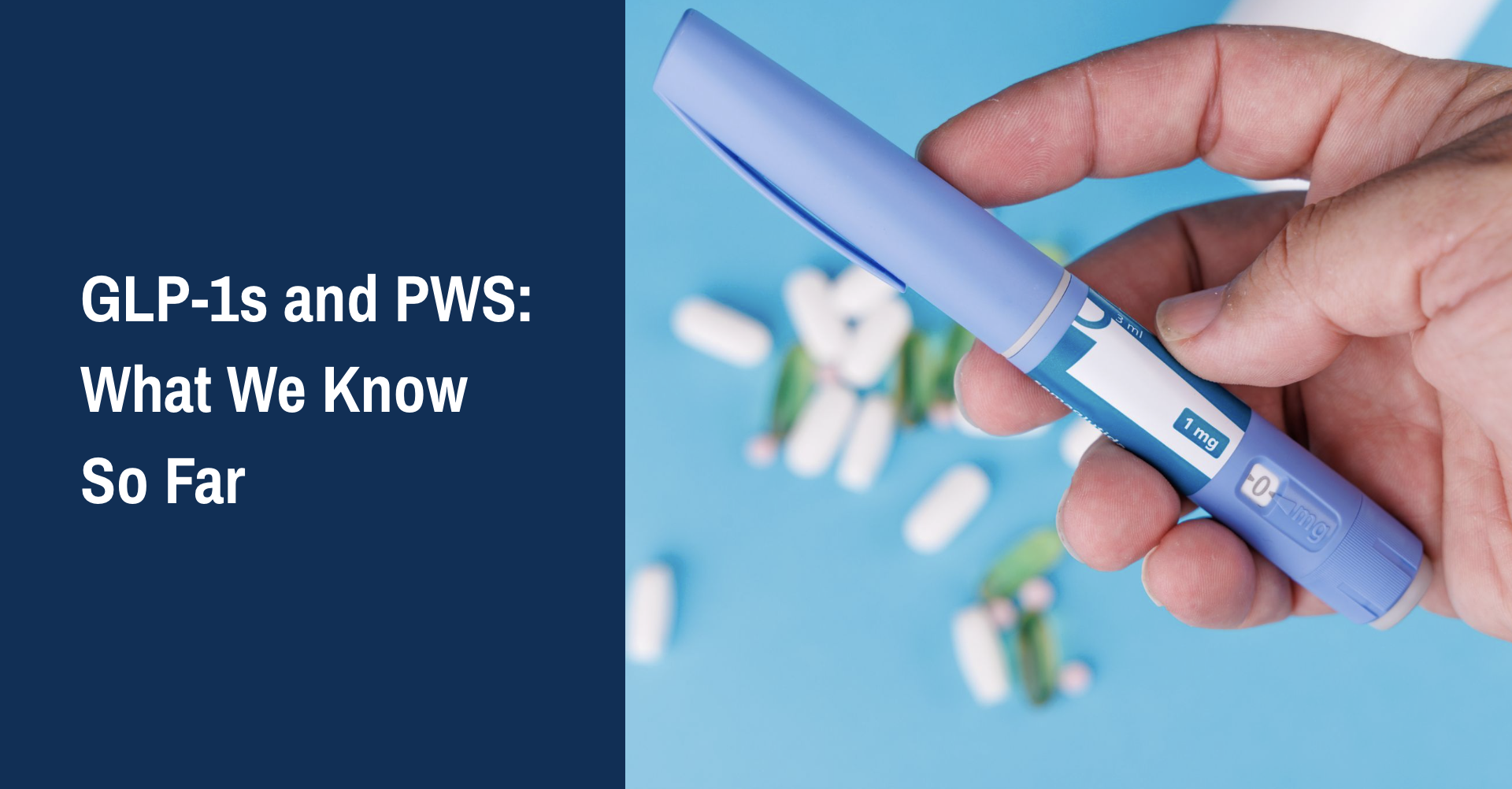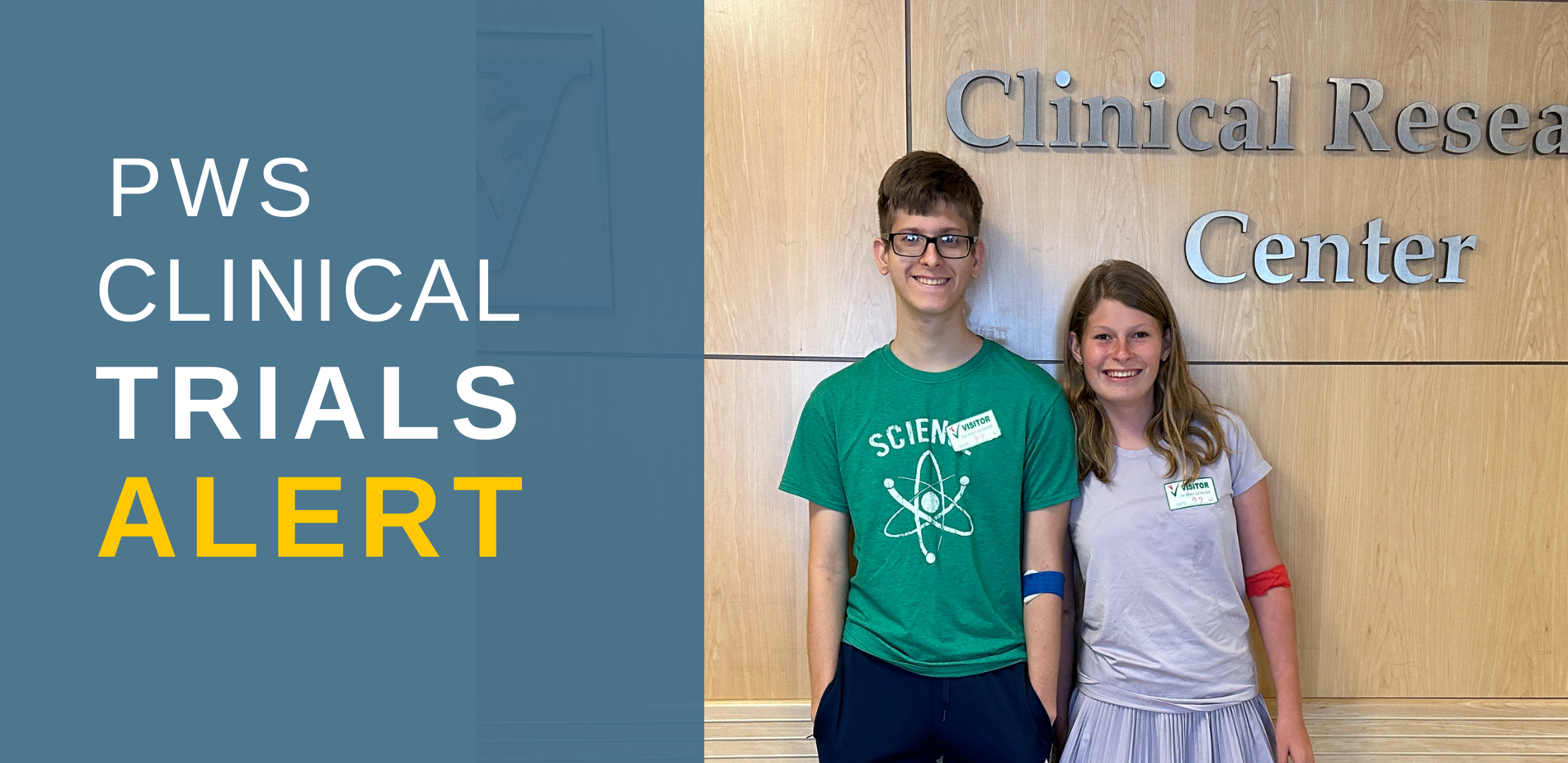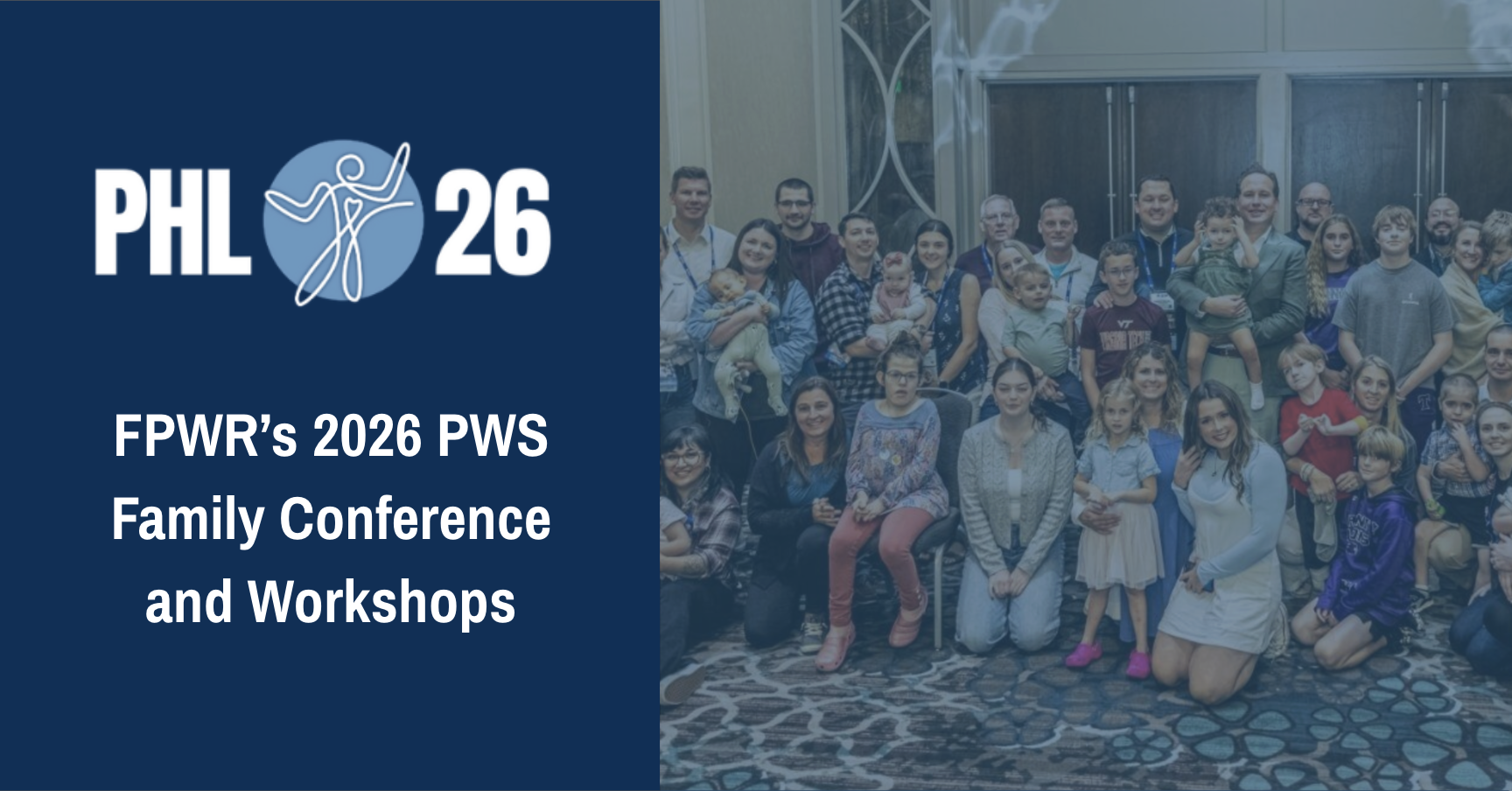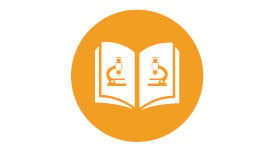Research Blog

Excessive daytime sleepiness (EDS) is one of those symptoms of Prader-Willi syndrome (PWS) that often does not get the attention it deserves. EDS can profoundly undermine success in older children and adults with PWS. It is hard to learn anything in school if you cannot stay awake for class, and it...
Source: FPWR Blog
|
Published: January 1 2026 - 08:59 AM

You have probably heard of GLP-1 receptor agonists (GLP-1s). You may even know someone who has successfully lost weight using one of these popular medications. But what about their safety and effectiveness for people with Prader-Willi syndrome (PWS)?
Source: FPWR Blog
|
Published: January 1 2026 - 09:00 AM

Families and caregivers in the Prader-Willi syndrome (PWS) community whose loved one experiences excessive daytime sleepiness (EDS) know just how challenging it can be in daily life. Data from the Global PWS Registry show that 55% of participants experience significant daytime sleepiness, which...
Source: FPWR Blog
|
Published: December 12 2025 - 09:00 AM

FPWR maintains the latest clinical trial information so that you can stay abreast of trial opportunities. Some trials require in-person visits, while others can be completed remotely. Some trials are testing new drugs, while others are intervention (non-drug) or natural history studies. Details of...
Source: FPWR Blog
|
Published: December 12 2025 - 05:53 PM

Mark your calendars and join us October 9–10, 2026, as parents, caregivers, and medical professionals from across the country gather in Philadelphia, Pennsylvania for FPWR’s 2026 PWS Family Conference — a two-day event designed to connect, learn, and be inspired. This year’s conference will be...
Source: FPWR Blog
|
Published: November 11 2025 - 11:00 AM






